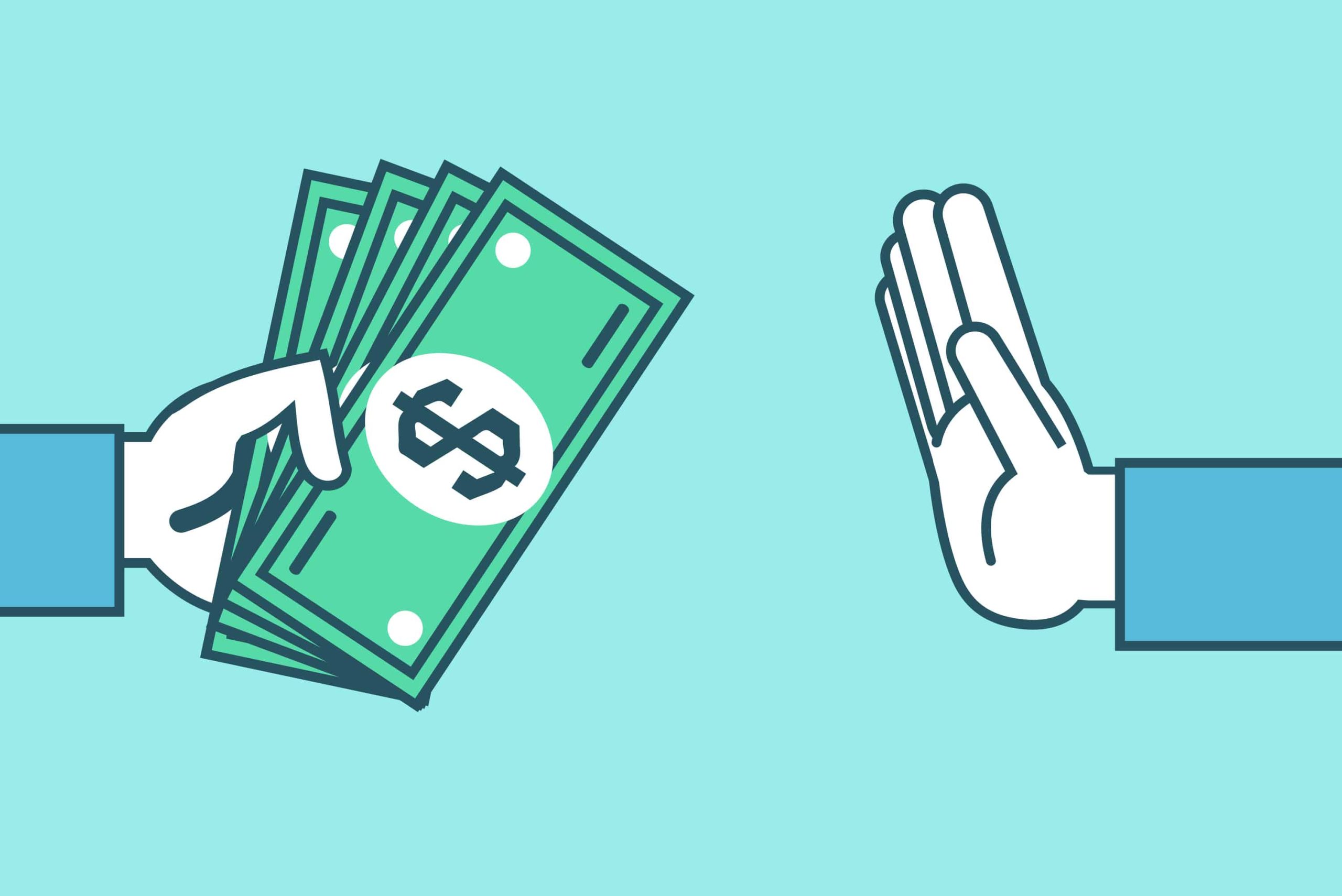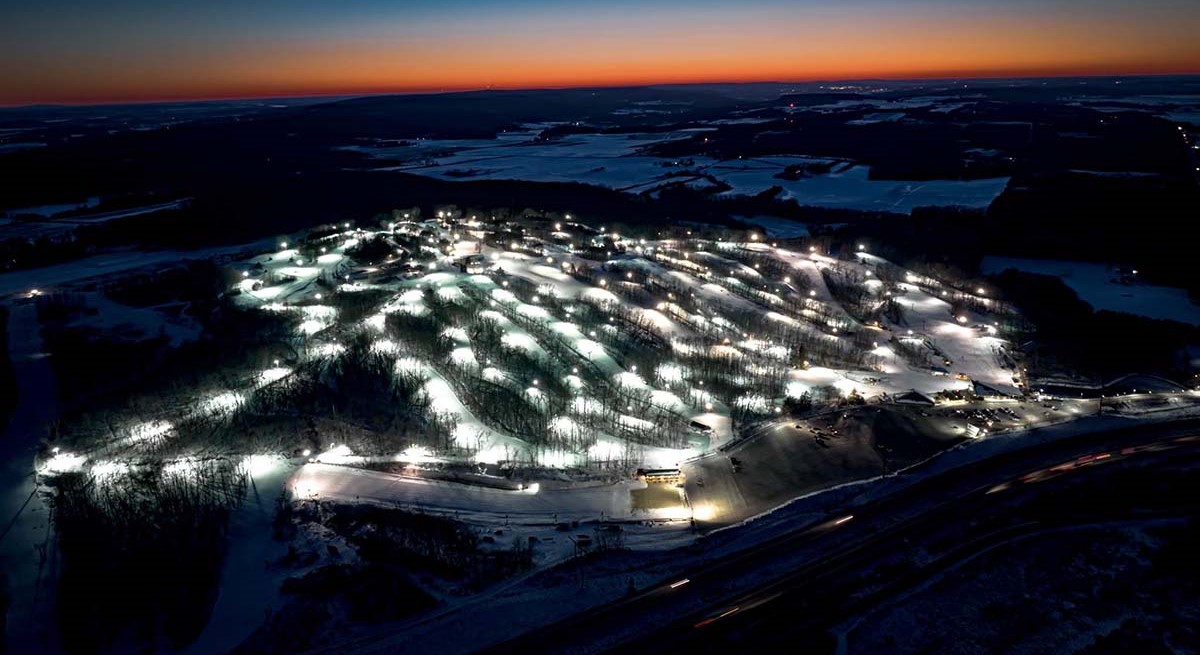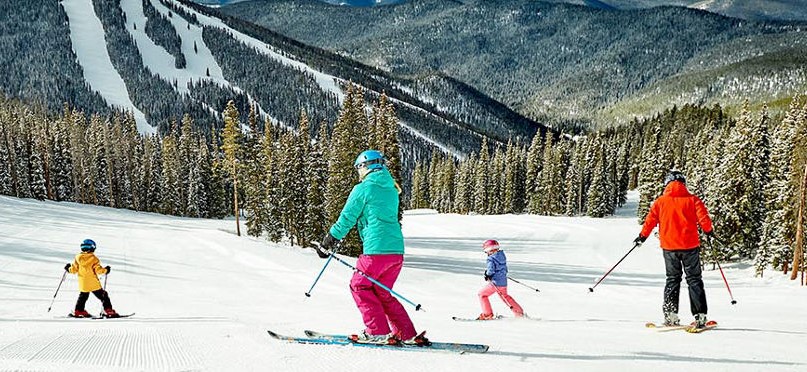
Cascade Mountain, in Portage, WI, recently announced that they will be a completely cashless business for the upcoming ski season. The decision was made after careful consideration with a focus on improving the guest experience. Now the only accepted form of payment will be credit, debit, and Cascade Mountain gift cards (physical or electronic).
Indeed, many aspects of the operation are already cashless, but the motivation for the change came specifically from the business’s snack bar and retail locations. Moving to cashless will make it so the cashiers will not have to handle cash or give out change. This will keep lines moving more quickly.
The company stated on their website announcement:
“Removing cash transactions and the processes that come with cash handling will allow us to dedicate even more of our time to what’s important, making your day great.” – CascadeMountain.com

What if visitors only have cash?
For guests who only have cash (primarily kids) there will be Cash-2-Card self-serve kiosks located throughout the resort. These kiosks act as reverse ATMs, meaning you put cash in, and receive a prepaid card. The cards can be used anywhere, not just at the resort. There are no activation fees, but make sure you use the card periodically as there is a $3.95 dormancy fee for every 93 days of inactivity.
Is this the way of the future?
Vail Resorts, one of the biggest conglomerates in the industry, has already gone cashless. This was primarily a decision that arose as part of their safety precautions for COVID-19. It appears that they will continue that policy going forward, meaning all transactions will be cashless unless otherwise required by local law. This includes at their hotels, restaurants, ski and ride school, and all other points of sale.
Most other ski resorts already make you buy your lift tickets in advance. This is a cashless transaction done online. So, the industry has been trending this way for a while.

It is still to be decided if the industry or society, in general, will become cashless. The 2021 Diary of Consumer Payment Choice has found that cash payments represented only 19% of all transactions in the US in 2020. This was down from 26% the prior year. It is also estimated by Travis Credit Union that only 16% of Americans always carry cash.
Potential problems?
A very real issue could be how to process transactions when the internet system goes down or the resort loses power. Certainly, you have to have some sort of contingency plan for that.
Some will also complain that a cashless business takes away their rights and privacy. Others will say our youth will never learn to count or do real-world math. This may be true, but do the benefits outweigh the costs? That will be a personal answer for everyone.
Another argument is that items cost more when you can’t use cash. Sometimes businesses will offer a discount for paying in cash or have a minimum purchase amount for using a card. This is because merchants have to pay a processing fee to the card networks. Merchants already increase their prices slightly to account for what they will lose in these fees. Conceivably, in a cashless business, the prices will be even higher to account for paying processing fees on every transaction.
The times are changing, but many businesses will still accept cash. After all, it is still legal tender. If you don’t like these new policies by some companies, you may just have to take your business elsewhere or pack your own food to the mountain. Either way, leave your checkbook at home because I’m pretty sure they won’t accept that either.

they may be able to transfer tips electronically.
you’re slightly off. the full value of the cash you insert into the reverse atm goes onto the card. the resort DOES NOT pay another business to process that money.
As for the Vail employees who can’t survive without cash tips? Extinction.
All I use is CASH, guess you won’t be seeing my blue faces. SUCKAZ